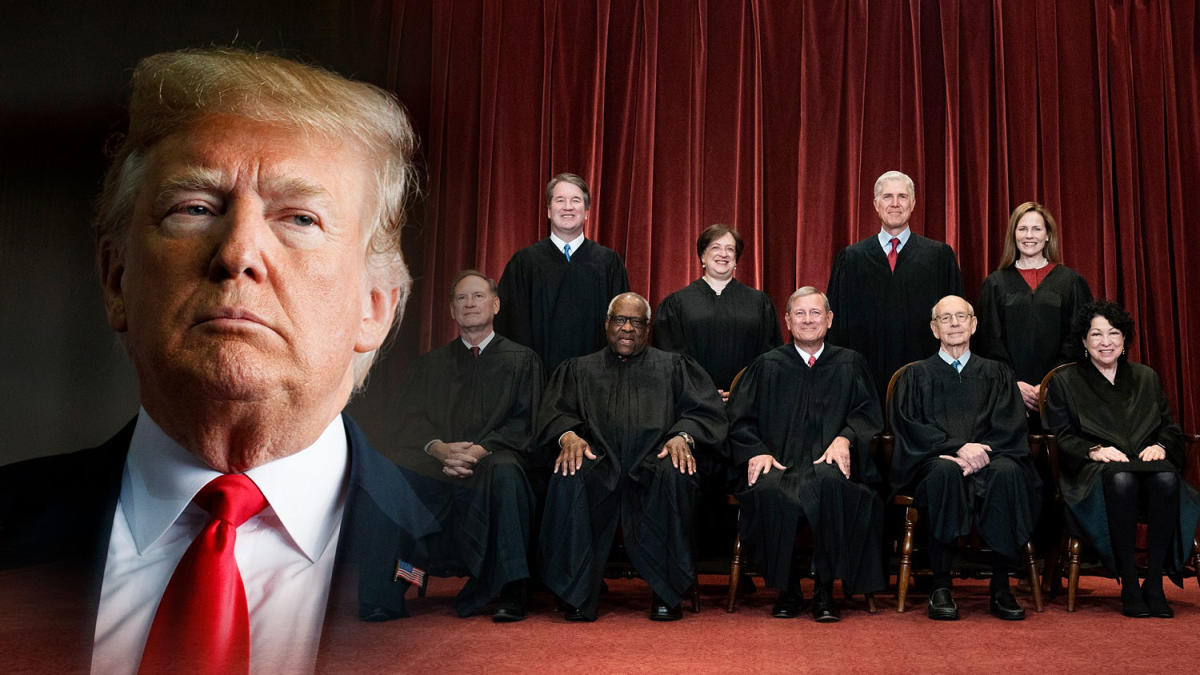If you want to retire comfortably, investment firms and news headlines tell us, you may need a million dollars in the bank.
Or maybe not. A prominent economist says you can retire for much less: $50,000 to $100,000 total. He points to the experiences of actual retirees as evidence.
“You Don’t Have to Be a Millionaire to Retire,” reads the headline of a column written by Andrew Biggs, a senior fellow at the American Enterprise Institute think tank, and published in April in The Wall Street Journal.
Most Americans retire with less than $1 million in savings. The idea that we need that much money to fund a secure retirement comes from polls, personal finance columns, and two or three rules of thumb that permeate the financial planning world.
Financial advisors say you should save ten times your annual salary for retirement, enough money to live on 4% of the balance for a year. In a much-discussed survey, Americans said they would need $1.46 million in the bank to retire comfortably.
Invest wisely: Best online real estate agents.

Most retirees say they are doing just fine, thank you
Biggs disagrees. To prove his point, the economist looked at responses to the federal Survey of Household Economics and Decisionmaking between 2019 and 2022.
The survey asked retirement-age Americans, between 65 and 74, how well they were doing financially.
A majority, about 85%, said they were doing just fine: living comfortably, or at least doing “well.”
Only 15% said they were struggling.
The finding is important, Biggs says, because most retirees have far less than $1 million in the bank. The federal survey found that the average senior who reported a satisfactory retirement had between $50,000 and $100,000 in savings.
“It is impossible to find any evidence that seniors need even a fraction of $1.46 million in savings to be financially secure,” Biggs wrote.
By his argument, retirees don’t need nearly as much savings as financial planners say.
The average couple retiring in 2022 earned nearly $46,000 in annual Social Security benefits, according to Biggs’ calculations. While that amount is “hardly extravagant,” he wrote, “a typical married couple can expect to earn an income more than twice the poverty line for the elderly before touching a cent of their own savings.”
Biggs says retirement planners exaggerate how much income retirees actually need, and how much they will spend, essentially as a way to kick things off.
Do you really need $1.46 million to retire in style?
Reactions to Biggs’ column ranged from admiration to outrage. Some readers reposted the piece to X with praise. One critic joked, “You don’t have to be a millionaire to retire and do NOTHING!!!”
You don’t have to be a millionaire to retire and do NOTHING!!!🤷♂️
— Richard the Old Man (@craigbutfeld) May 1, 2024
Biggs is a well-known conservative economist and somewhat of a contrarian. Earlier this year, he and a colleague sparked outrage with an article advocating eliminating the 401(k) plan.
His new claim, that people don’t need a million dollars to retire comfortably, flies in the face of common wisdom in the retirement planning industry.
“What about rising healthcare costs?” said Lili Vasileff, a certified financial planner in Greenwich, Connecticut. “What about more older adult children living for free with older parents? What about divorces later in life where all assets are halved at the point of retirement?”
Perhaps the most provocative claim in Biggs’ analysis is that only a few retirees face financial hardship.
Alicia Munnell, director of the Center for Retirement Research at Boston College (and a former Biggs associate), estimates that at least two-fifths of retirees are struggling financially.
In the 2022 edition of the federal Survey of Consumer Finances, when seniors were asked how they would handle a financial emergency, only 58% said they could rely on savings. According to Munnell, this figure reflects the depth of financial insecurity among retirees.
Build your nest egg: Best High Yield Savings Accounts.
“You don’t want to say, ‘I really screwed up.'”
Then why did only 15% of seniors in the other federal survey cited by Biggs say they were struggling?
Munnell thinks many retirees are reluctant to discuss their financial problems in surveys.
“When people are asked about their well-being, I think there is a certain pride,” she said. “You don’t want to say, ‘I really screwed up.'”
While Munnell disagrees with Biggs on the financial well-being of American retirees, she applauds his position that you don’t need a million dollars to retire.
“I don’t think it helps to set unrealistic savings goals and exaggerate how much money people need to finance a comfortable retirement,” she said.
The million-dollar retirement is a frustrating quest, Munnell said, because most of us don’t retire as millionaires.


How much pension savings do retirees actually have?
The average senior with a retirement account has about $200,000 saved, according to data for households aged 65-74 from the 2022 Survey of Consumer Finances.
But only about half of these households report having a retirement account at all.
On this point, Biggs and his colleagues disagree. He claims that many seniors have other types of savings, not to mention pensions. Munnell believes Biggs has too much faith in the safety of American retirees.
“I don’t really know any people who have retirement savings and don’t have a retirement account,” she said.
Retirement experts often say that people need about 80% of their pre-retirement income to fund their retirement years.
According to the Social Security Administration, Social Security only covers about half of that. And so, for a comfortable retirement, we are urged to save.
One rule dictates that we should try to save ten times our annual salary to supplement our Social Security income. For a typical American household, that amounts to almost $750,000, or ten times the median household income of $74,580.
And then there’s the 4% rule: Plan to withdraw 4% of your retirement savings to cover your annual living expenses, adjusting the figure each year for inflation.
Some experts say 4% is too low; Others claim it is too high. Either way, the message is clear: If you want to live on a single-digit percentage of your retirement savings, you’re going to need a lot of it.
Retirees “reduce their expenses quite significantly” as they get older
Biggs believes that these rules exist largely to ensure that investment houses can sell investment products, and that personal finance websites can attract page views.
He points to the 80% rule: not many retirees, he reasons, will ever spend that much of their work income on their pension.
“For a long time, 70% was the recommended average for middle-income retirees,” he said in an email to USA TODAY, “and this has crept up without (in my opinion) particularly strong evidence.”
The 4% rule is a little harder to criticize, he said, “but one thing we know now is that retirees reduce their spending quite significantly as they get older.” Older retirees travel less, eat less and spend less on children, Biggs said. Medical costs are rising, but insurance covers most of it.
Will the government take away my 401(k)? Some economists say bills aren’t worth it.
Pension experts say the guidelines are intended to set aspirational goals for working people to plan for retirement.
“These rules of thumb are useful for people in their early career, mid-career,” says Douglas Ornstein, director at TIAA Wealth Management, part of the nonprofit financial services organization. “By the time you’re five years into retirement, those rules are probably not that useful anymore.”
No two pensions are the same, say financial advisors. Some retirees are still making mortgage payments or supporting grandchildren. Others have no dependents or debts.
“If you live in Manhattan, you probably need a million dollars, if not more,” says Christopher Lyman, a certified financial planner in Newtown, Pennsylvania. “If you live near Lancaster, Pennsylvania, among the Amish, there’s not much going on there. If you have $50,000, you’re probably fine.”
This article originally appeared on USA TODAY: Do You Need a Million Dollars to Retire? A top economist says no.







